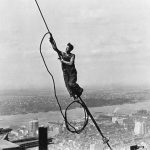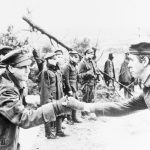In the midst of a lively parade on H Street in Washington, D.C., a touching and memorable moment unfolded.
Captured by the keen eye of photographer William C. Beall, this heartwarming scene has resonated deeply with viewers and earned a prestigious Pulitzer Prize.
The photograph, titled “Faith and Confidence,” beautifully illustrates a simple yet profound interaction between a young boy and a police officer.
Here’s a closer look at the image, its creation, and its impact over the years.
What the image captures
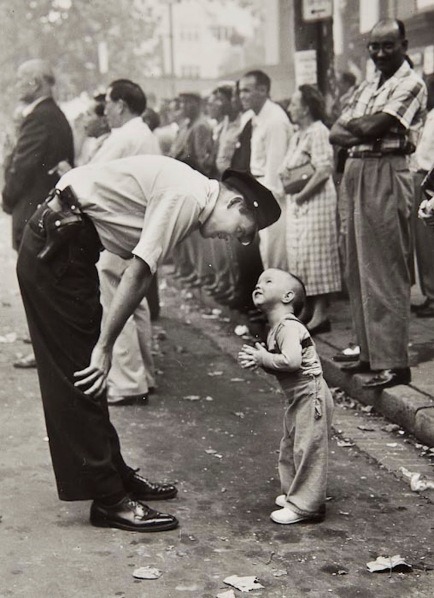
The image captures a lively parade scene where a crowd gathers to enjoy the festivities. Among them, young Allan Weaver tries to get a closer look at the dancing dragons.
Officer Maurice Cullinane, aware of the noise from firecrackers and heavy traffic, gently advises the boy to stay back for his safety.
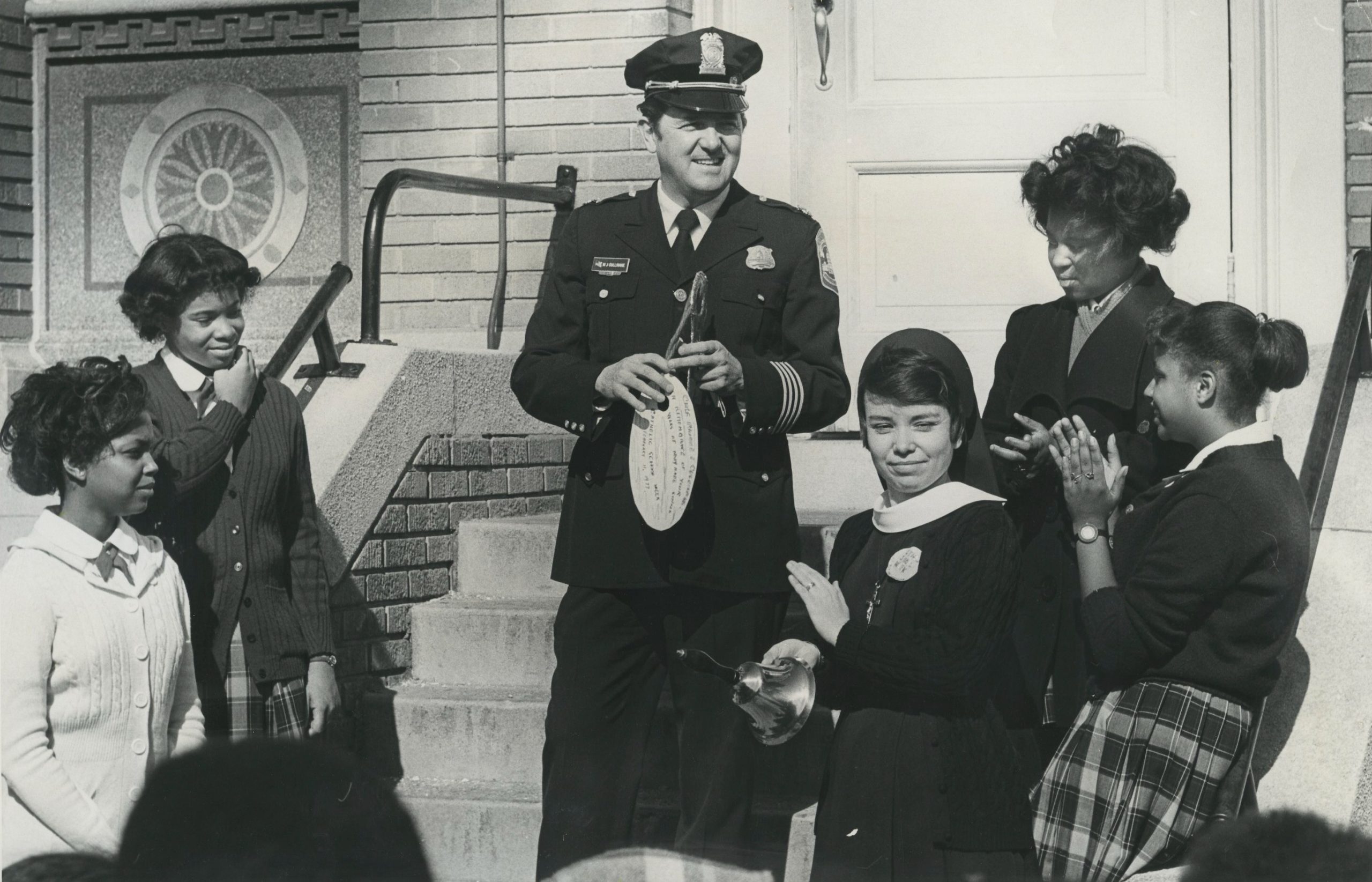
Allan, reflecting on his memory, later shared, “As a policeman came, I leaned up and asked him if he was a Marine.” This innocent question reveals the boy’s deep connection to his father, who was stationed as a Marine in Japan.
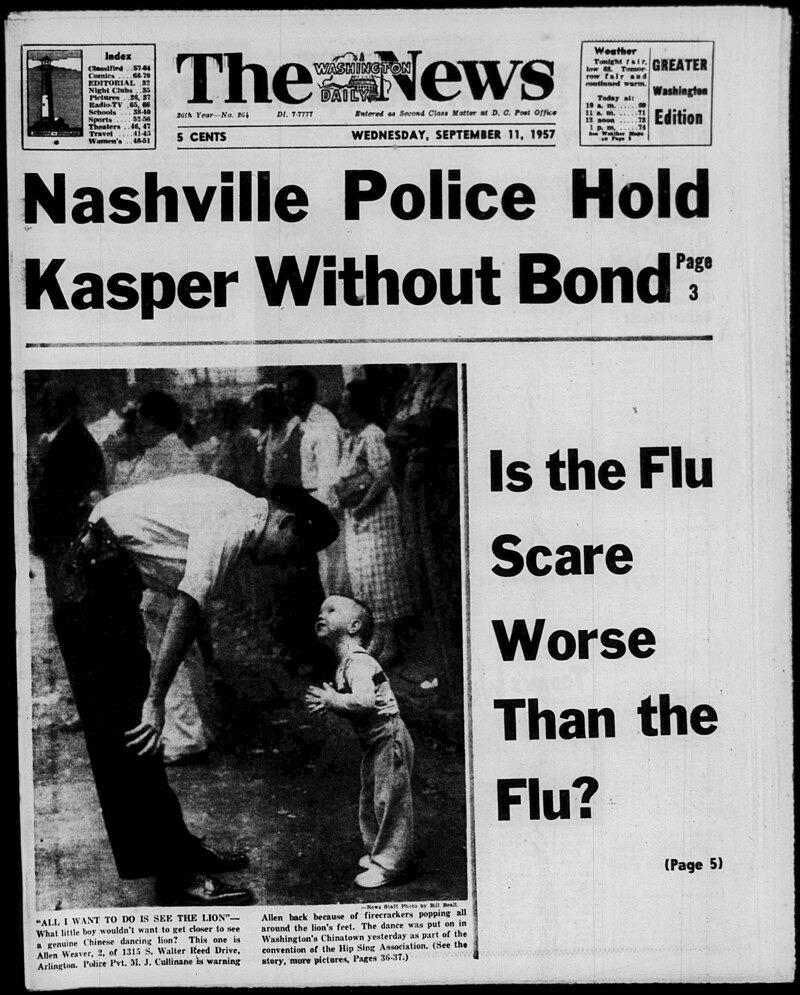
The image captures this heartfelt moment. It portrays the officer’s patience and kindness as he helps the eager young boy understand why he needs to stay away from the street, turning a simple interaction into a memorable and meaningful story.
The making of the photo
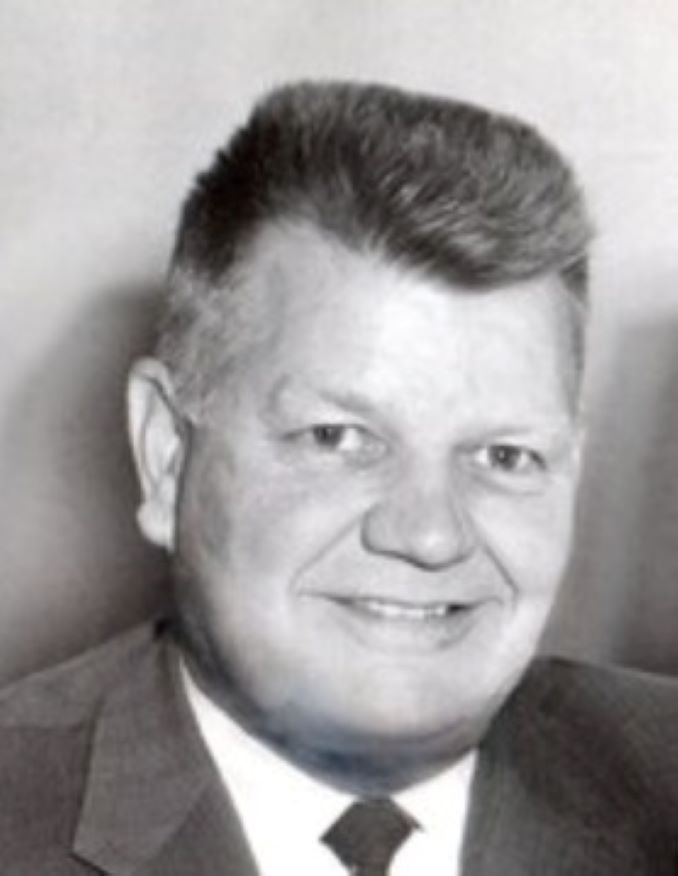
Captured on September 10, 1957, by William C. Beall, the photograph was taken spontaneously while covering a parade for the Hip Sing Chinese Merchants Association Convention.
Beall’s son, Denny, recalls how the photo was taken on a whim: “He just happened to turn, saw the moment, and took the shot—spin, click, and it was done.” Beall used a setting of f16 and a shutter speed of 1/100 of a second to ensure clarity.
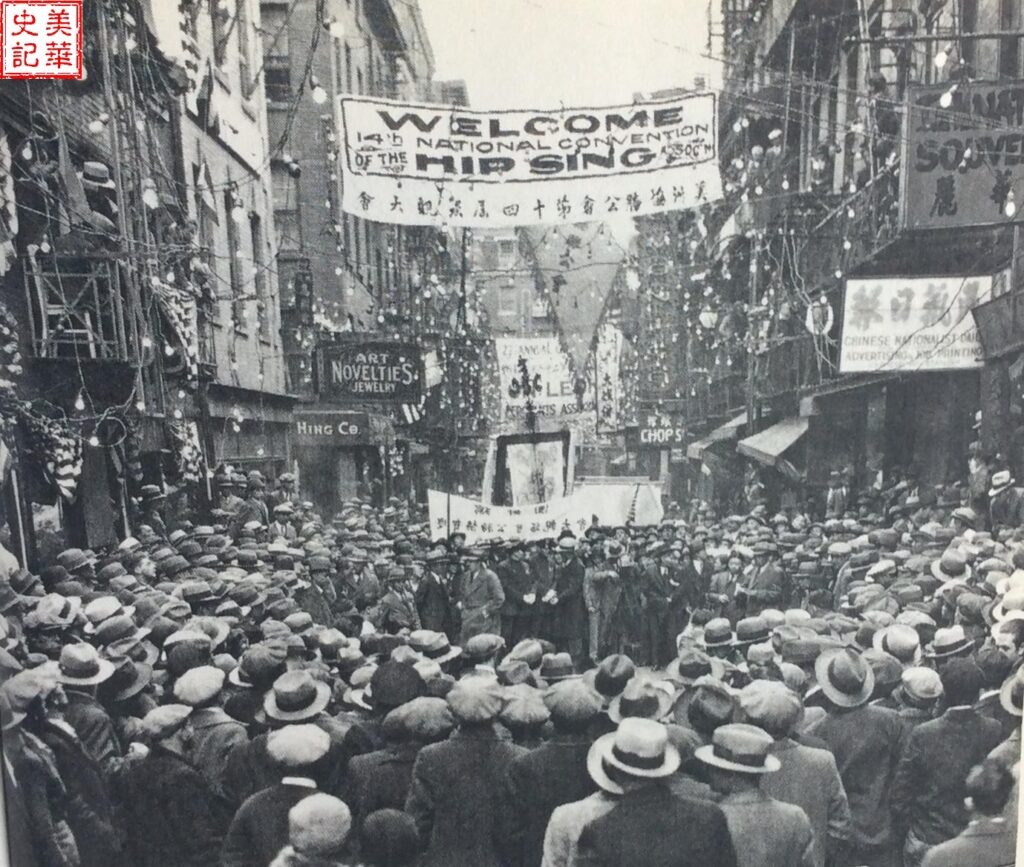
The black-and-white format enhances the photograph’s timeless quality and simplicity. Unlike many Pulitzer-winning images filled with intense scenes, this photo’s lack of color keeps the focus on the tender interaction between the boy and the officer.
The composition’s use of negative space creates a private moment amidst the busy parade, while the straight lines from the crowd’s posture guide the viewer’s eye to the central figures.
The impact of the photo
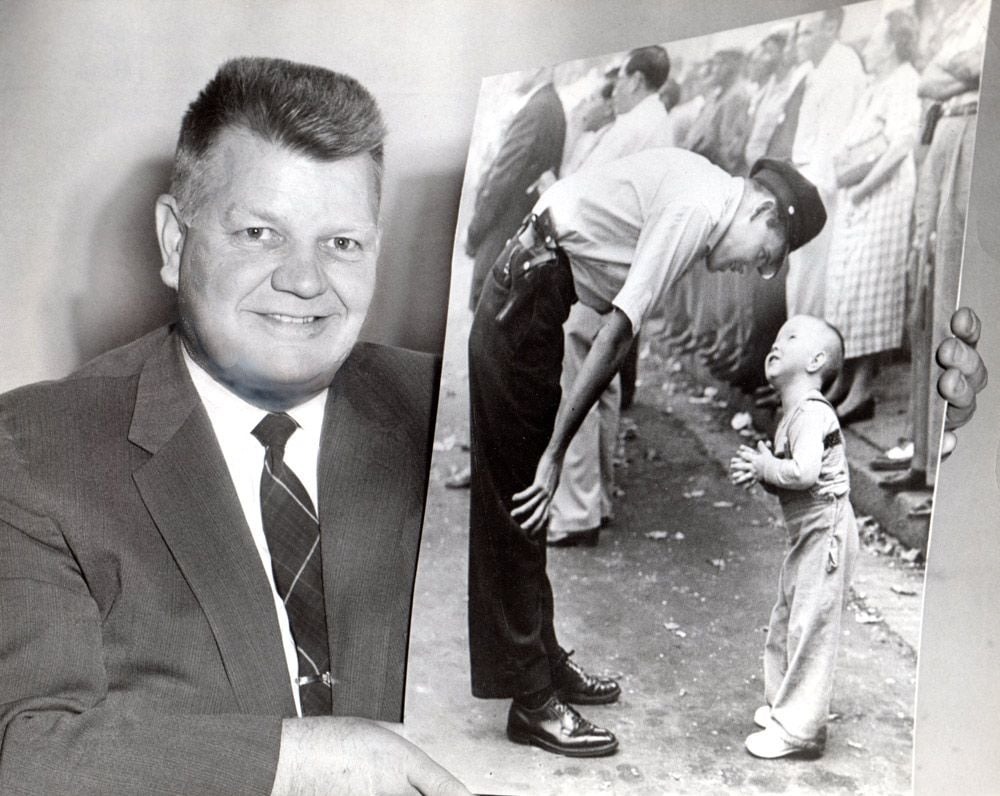
“Faith and Confidence” was widely acclaimed and even featured on the back page of Life magazine.
It earned the prestigious Pulitzer Prize for Photography in 1958. The Pulitzer Prize jury, consisting of Vincent Jones, Julius H. Klyman, and Ralph McGill, initially found the entries unimpressive.
They noted that no single image stood out. However, upon awarding Beall’s photograph, J. Edgar Hoover, then Director of the Federal Bureau of Investigation, declared that the image deserved the honor.
The jury described the photo as “an appealing picture which made a profound impression on readers … freezing forever a moment of childhood innocence.”

The touching portrayal of a young boy and a patient policeman struck a chord with many.
Some viewers were moved to tears, while others penned poems or wrote letters to Officer Maurice Cullinane, who later became Chief of the Metropolitan Police Department of the District of Columbia in 1974.
In recognition of the photograph’s impact, a public sculpture depicting Cullinane and the young boy, Allan Weaver, was created. This sculpture is displayed in Jonesboro, Georgia, celebrating a moment of purity.

